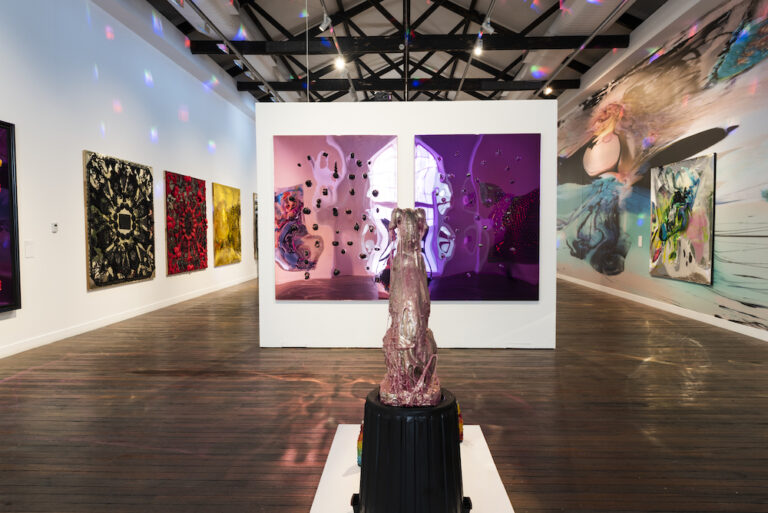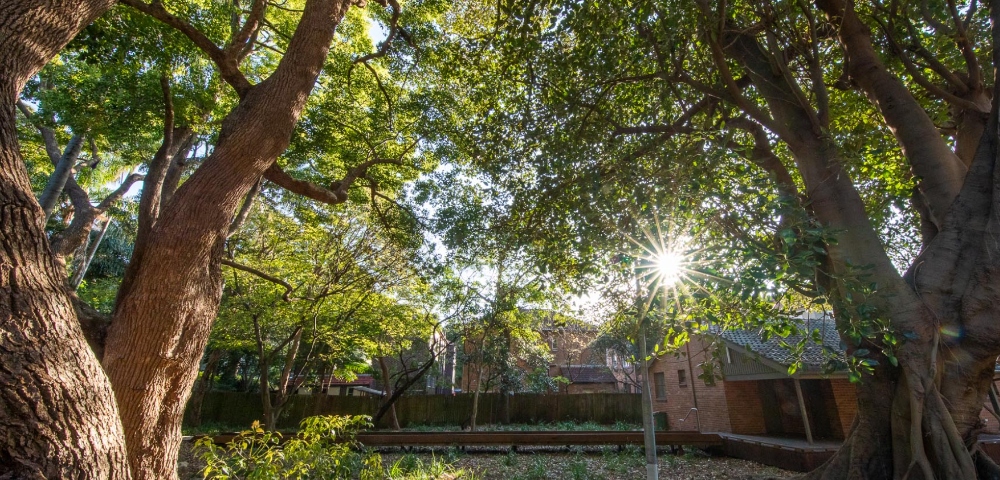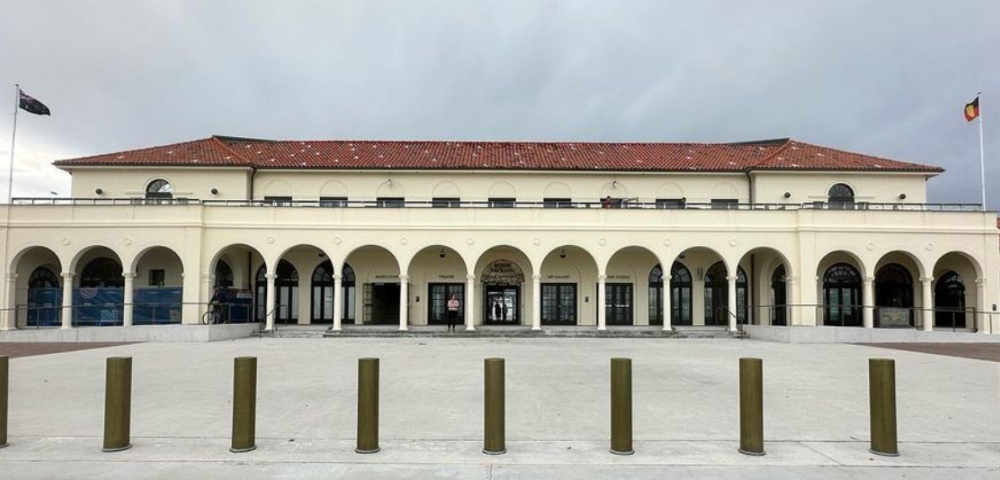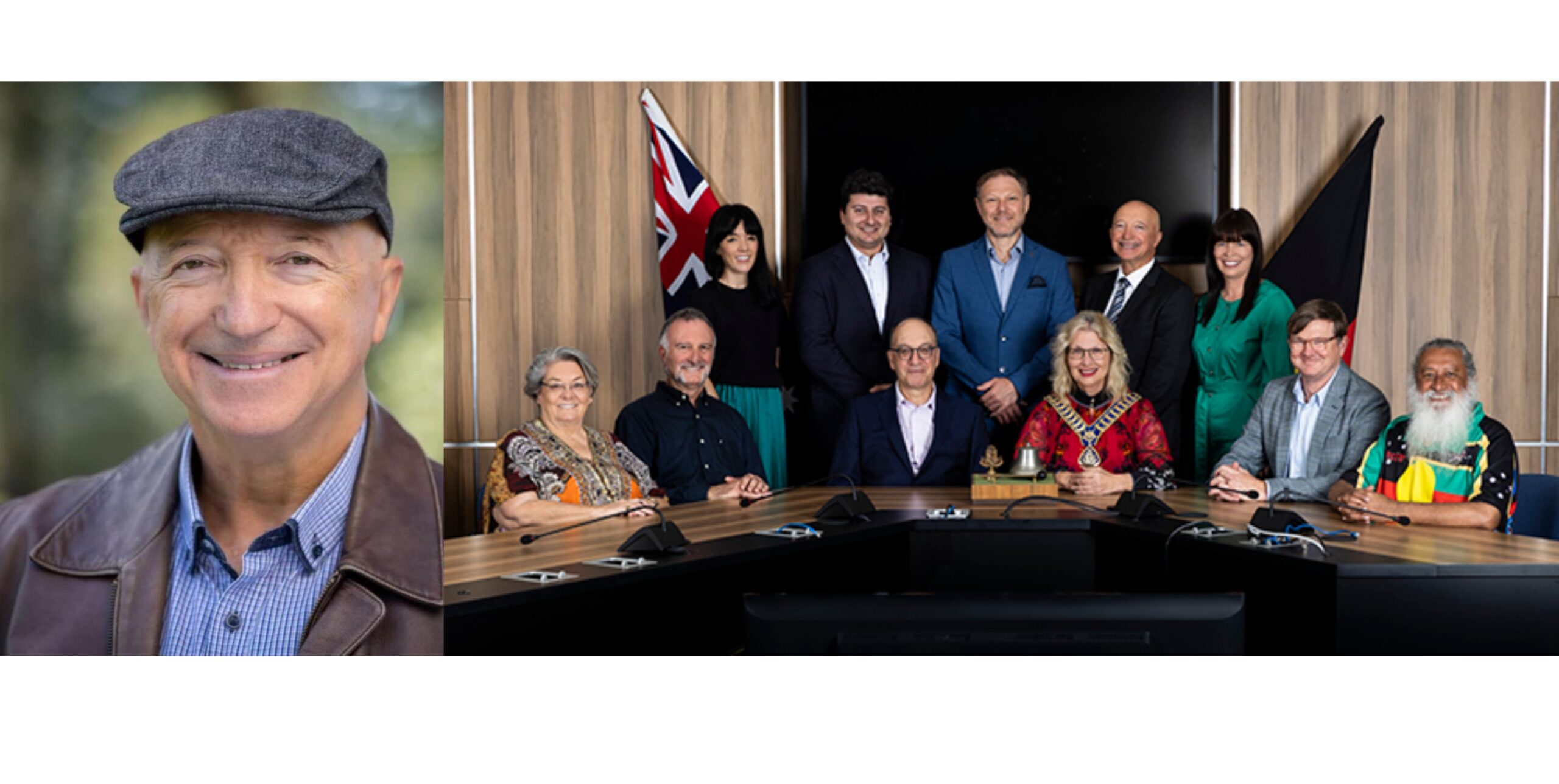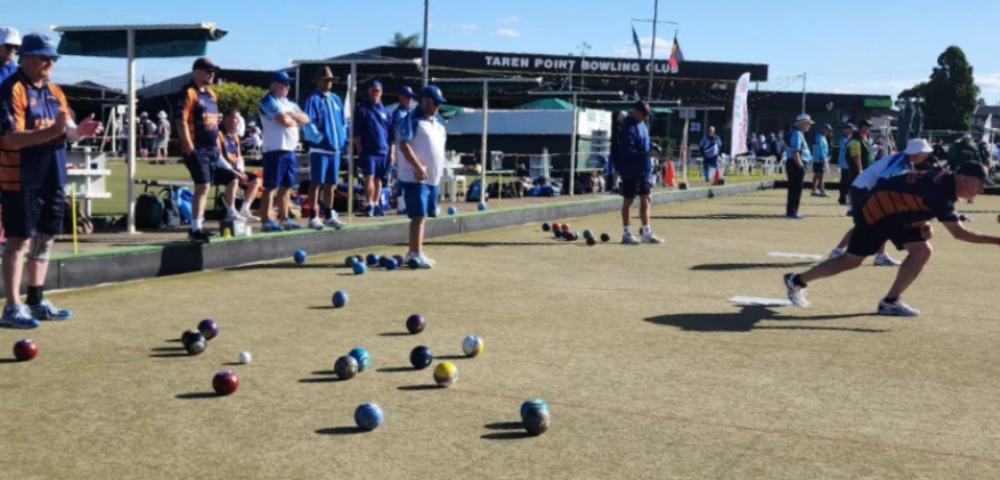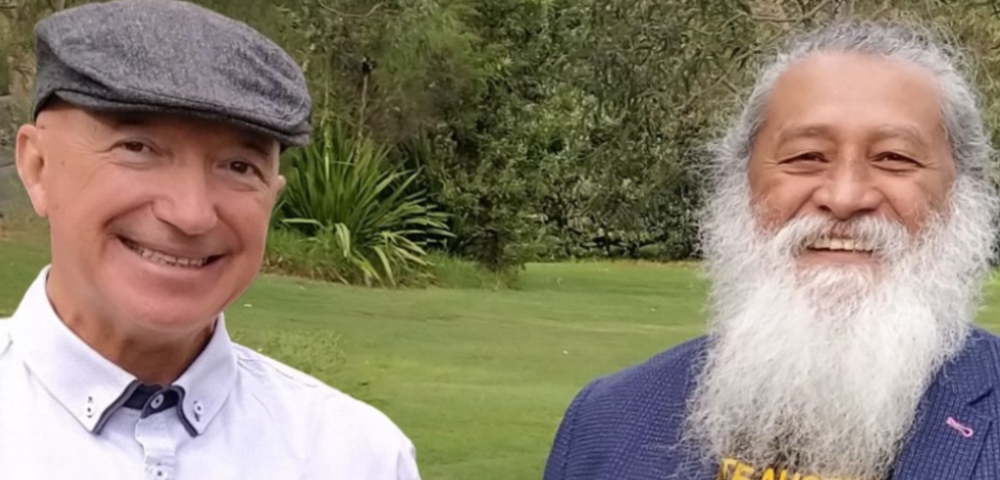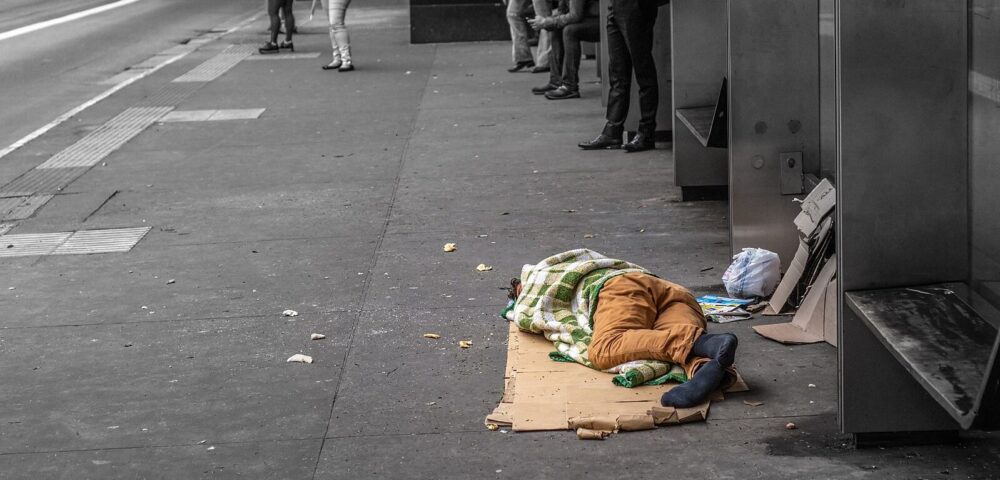
The (beach) party is over
by Laura Neill
For many Sydneysiders and tourists alike, Christmas Day is synonymous with the beach. It wasn’t so long ago when backpackers and locals descended on Sydney’s iconic eastern beaches armed with Santa hats and eskies full of booze to live the “other” Australian dream –sinking a few cold beers on a scorching Christmas day with their toes in the sand.
In the mid-90s, riots and rubbish-strewn beaches led the council to enforce alcohol bans on Sydney beaches to control the crowds and litter-related damage to coastlines. This summer, alcohol bans will continue to be enforced along many eastern beaches including Coogee, Bondi, Bronte and Tamarama in efforts to prevent anti-social behaviour and encourage families back to the area. Those tempted to crack a cold one in an alcohol-free zone this summer will risk getting their drink tipped out at the very least – at the most, hefty fines can apply under the Liquor Act.
Alcohol is already prohibited on all eastern suburbs beaches, with police patrols active in peak periods. Temporary summer alcohol restrictions are also now in place in Randwick City. These prohibit the consumption of alcohol at all beachside parks and reserves in the area on Christmas Eve, Christmas Day, Boxing Day, New Year’s Eve, New Year’s Day and Australia Day between the hours of 8pm and 6am.
The decision to tighten the ban was made at a council meeting last year at the request of NSW Police after consecutive years of drunken behaviour resulted in violence and trashed coastlines.
Last summer, 3,000 drunken backpackers descended on Little Bay Beach on Christmas Day. The year before, at Goldstein Reserve, Coogee, an impromptu rave party on Christmas Day devastated the beach and surrounding parkland. The party began late in the afternoon and quickly grew to such out-of-control proportions that lifeguards left the area at around 7:30pm, concerned for their own safety. The party left a trail of destruction in its wake, with a total of 5 tonnes of rubbish for the council to clean up the next day.
After the carnage, a snap alcohol ban was imposed by the Randwick Council. Randwick Mayor Noel D’Souza said at the time that the council had been left with “no other choice”.
Since then, the party has been over.
“It is disappointing that we have to take such a strong stance, but we need to reassure the community that they can feel safe when visiting and enjoying the jewel in the crown of Randwick City, Coogee Beach,” D’Souza said when confirming the ban. “The public outrage about the devastation of the parks and the beach itself on Christmas Day has been quite phenomenal.”
The following year, D’Souza exercised his executive powers to re-enforce the ban just one day after it had expired. His previous attempt to make the ban permanent was thwarted when it lost a vote at a council meeting. Councillors voting against the permanent ban said that the community was not consulted, and that the addition of more litter bins in the area would alleviate the littering behaviour of large crowds.
Although families in the area were disgusted by the masses of broken glass and trash, some felt that the total ban on alcohol was a little over-kill, with many locals telling the media that the fun had been ruined by a few.
Although council websites warn that police patrols will be out in force this summer, it’s likely that some beach-goers will continue to flout the laws. Last year, the shores of Bondi Beach were dotted with towels and tents and inflatable air mattresses as hundreds of revellers rang in the new year popping bottles and watching the sun rise over the water.
Alcohol aside, the littering behaviour of large crowds continues to cause major environmental impacts. During the summer, Waverley Council operates a beach rake on Bondi’s iconic shoreline to minimise the damage done by massive crowds. However, the tractor often misses micro-litter such as cigarette butts, straws and bottle caps. Micro-litter is consumed by marine life and sits in the stomach undigested, causing death by starvation.
Last January, community group Seaside Scavenge removed a total of 31kg of rubbish from the beach on a single Saturday morning clean-up. Despite Bondi being a non-smoking beach, 4,654 cigarette butts were collected by the group, along with 1,282 soft plastics, 587 straws, 92 coffee cups and 80 plastic bottles.
On the same day, community group Plastic Free Bronte cleaned up Bronte Beach and found more than 1,300 pieces of rubbish, including 451 cigarette butts.
Last year, Waverley Council installed new bins to help prevent littering behaviour, and rangers were introduced to patrol litter hotspots to educate people about littering offences.
According to a 2015 study by Science Journal, around 8 million metric tonnes of plastic goes into oceans each year.


